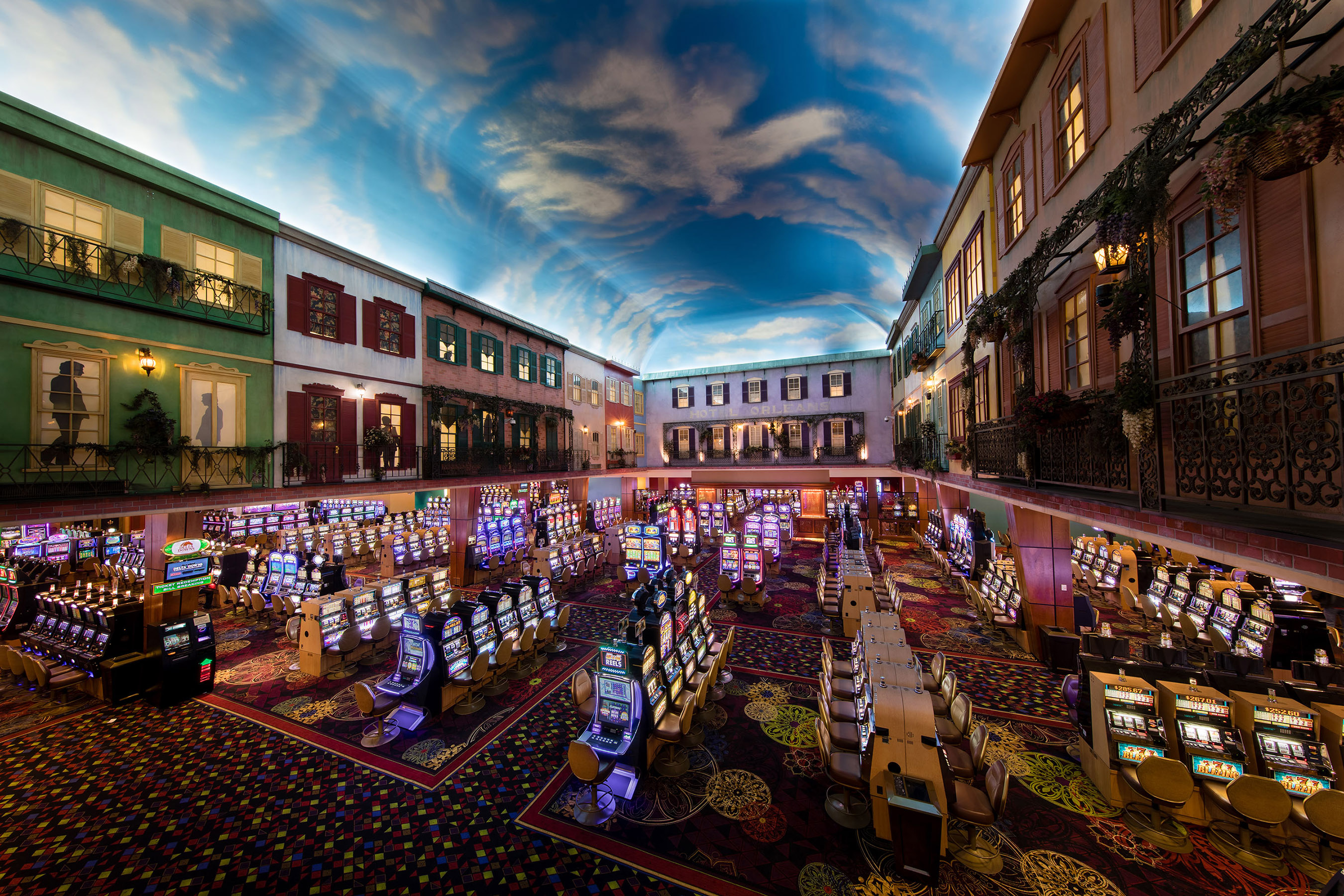
Casino games have long been an integral part of human culture, providing not just entertainment but a captivating reflection of our aspirations, ambitions, and concerns. From the turning reels of a slot machine to the strategic gameplay of poker, these games encapsulate a range of human emotions and experiences. At their core, casino games are not just a chance to win money; they are a snapshot of life itself, where risk and reward intertwine and fate can change in an eye blink.
As players convene around tables or sit in front of vibrantly illuminated machines, they engage in a tradition that transcends mere playing. These games echo our instinctive desires for social interaction, thrill, and the search for fortune. They also reveal deeper truths about human nature, such as our relationship with fate and the thrill of uncertainty. In exploring casino games, we reveal not only the mechanics of play but also the intricate pattern of the human experience, showcasing our woven narratives of aspiration and reality.
The Mind Behind Gambling
Gambling is deeply rooted in human psychology, appealing to various emotions and wants. The excitement of risk-taking is a fundamental aspect that attracts participants, be it the thrill of spinning a roulette wheel or the excitement of drawing a winning card in poker. This rush of adrenaline is often compared to other forms of excitement, as the unpredictability of outcomes elicits a distinct psychological response. Gamblers often find themselves captivated by the possibility of striking it rich, leading to an irresistible draw toward casino games.
Additionally, a crucial component of the psychology behind gambling is the concept of optimism and aspiration. Participants often indulge in fantasies of financial freedom and the luxurious lifestyle that can accompany winning. This hope fuels their ongoing participation in casino games, as it provides a sense of meaning and the conviction that a life-changing win could be just one wager away. The story of beating the odds and finding success resonates with many, strengthening their dedication to play and involve themselves with these games.
Lastly, social dynamics play a significant role in gambling psychology. Gambling venues are designed to promote social interaction, where gamblers gather to share the journey of wins and losses. This shared aspect not only amplifies enjoyment but also influences behavior, as individuals often imitate the actions of others around them. casino non AAMS The collective approval found in shared excitement can magnify the emotional experience, making casino games a mirror of not just personal desires but also collective engagement within the gaming community.
## The Dual Nature of Risk and Reward
Gambling activities embody the subtle balance between danger and gain that resonates deeply with the human experience. The excitement of placing a wager is often accompanied by a surge of excitement, as players are confronted with the chance of a huge payout, yet conscious of the possibility to lose. This dual experience reflects a fundamental aspect of life: the decisions we face often come with inherent risks, and the quest for benefit can compel us to embrace risks we might not normally consider. In this way, gambling activities reflect real-world choices, enticing players to risk not just their money, but also their aspirations.
The allure of grand jackpots and winnings fuels a sense of optimism, motivating gamblers to imagine a better future that could arise from a lucky spin of the roulette or dealing of a hand. This positive outlook can drive individuals to engage in greater risks, pushing them to take greater risks in search of economic benefit. However, just as in life, the outcomes of these risks can lead to both victory and loss. The narratives of both big winners and those who have faced losses everything at the tables demonstrate the chaotic nature of chance and its impactful impact on our futures.
Ultimately, the experience of engaging with casino games serves as a vivid illustration of the nature of humanity. Every game played is loaded with the tension of uncertainty, as players weigh the rewards against the dangers. This interaction not only highlights the excitement that comes with gambling but also exposes the weaknesses that come with the urge for more. As we explore the challenges of choice and consequence in both the gambling world and in life, we find that the search for benefit shapes our sense of self and lives in significant manners.
Culture and Solitude in Casino Culture
Gambling environment is a unique mix of communal engagement and personal endeavor, reflecting the dualities of human experience. Gamblers often come together around tables, sharing in the thrill of the action, rejoicing in wins, and sympathizing over losses. This social aspect is crucial, as it creates a sense of belonging and bonding among diverse groups of individuals. Regular attendees to casinos may form friendships and establish routines, turning the gambling venue into a second home where they experience linked to a larger community of players.
However, the allure of casino games can also result to isolation. As players become immersed in the excitement of playing, they may withdraw from personal relationships or fail to engage with the environment outside the gaming space. For some, the search of a jackpot can overshadow real connections, leading to loneliness. The situation of being surrounded people yet feeling solitary is not rare, as the focus shifts from collective fun to the individual stakes of each player’s journey.
This interplay of community and isolation creates a vivid mosaic that defines gaming culture. It showcases the complexity of human interactions, where happiness and sorrow exist together. Casinos serve as both a sanctuary for social engagement and a stage for individual challenges, illustrating how intimately connected our desire for connection and the personal quest for fortune can be. In navigating this environment, gamblers confront their own narratives—seeking both the rush of the wager and the companionship of fellow players, ultimately reflecting the broader spectrum of human experience.